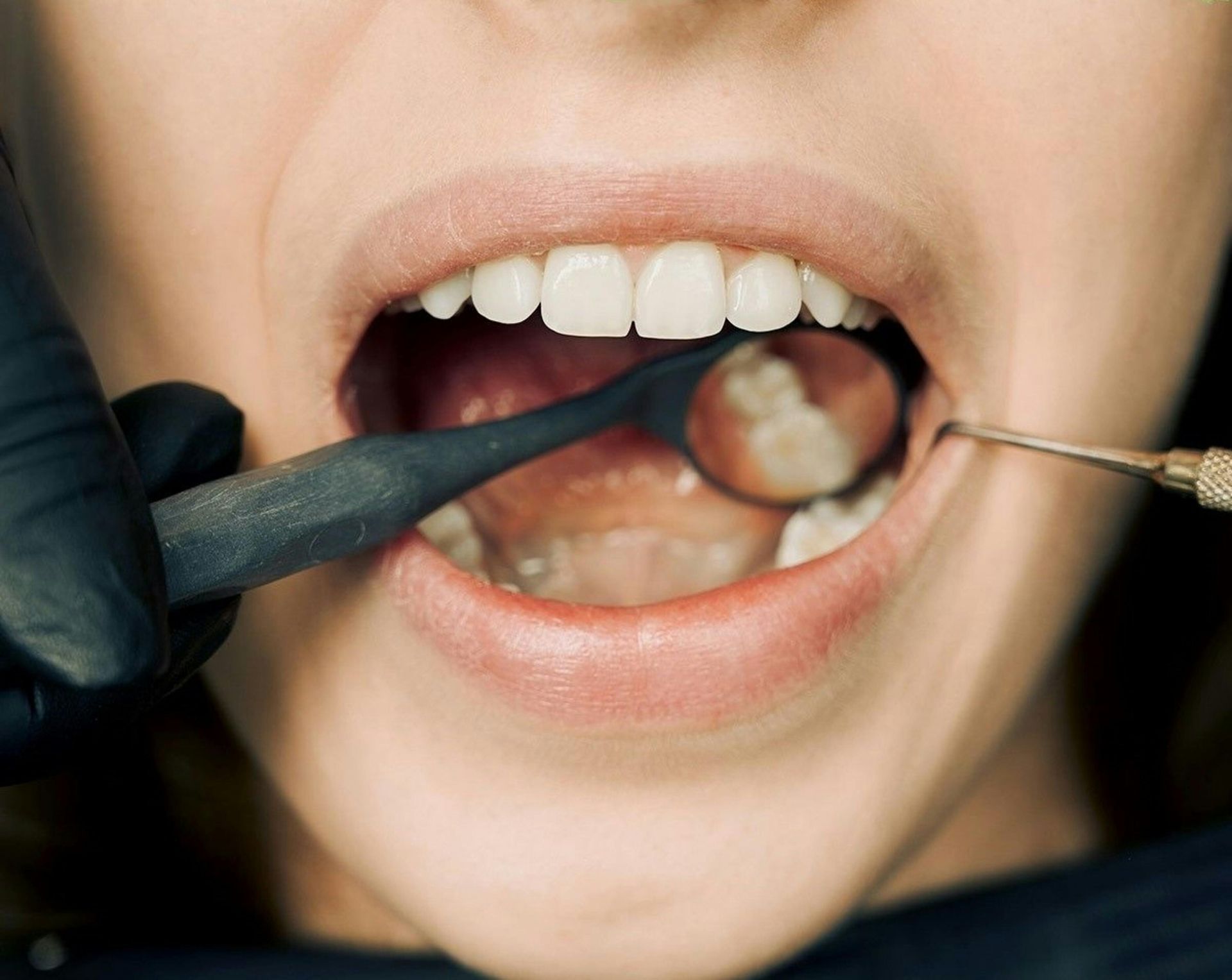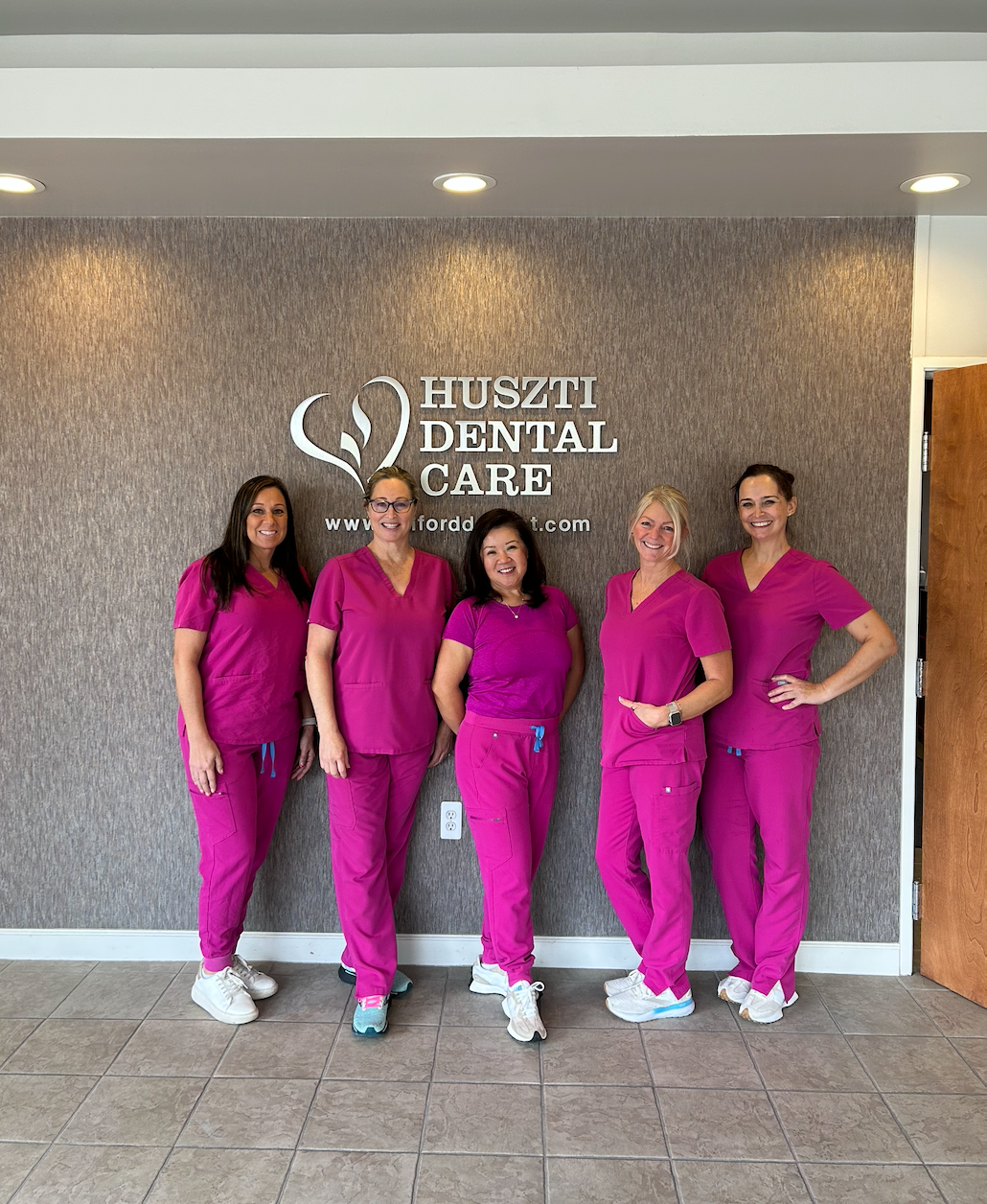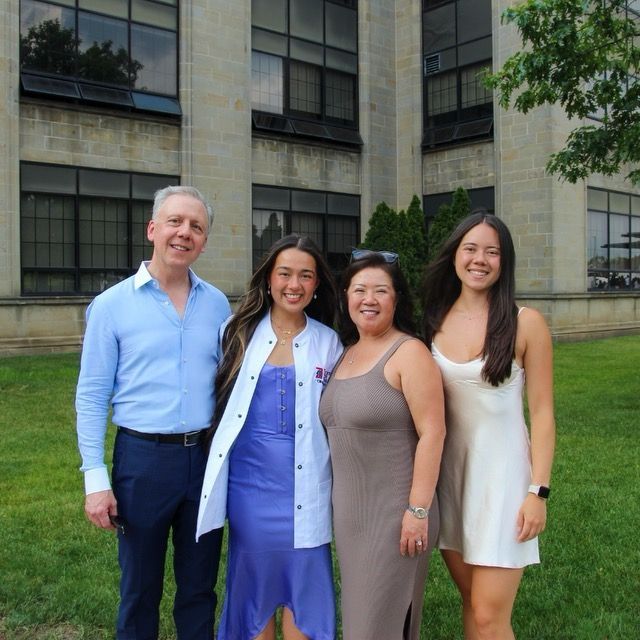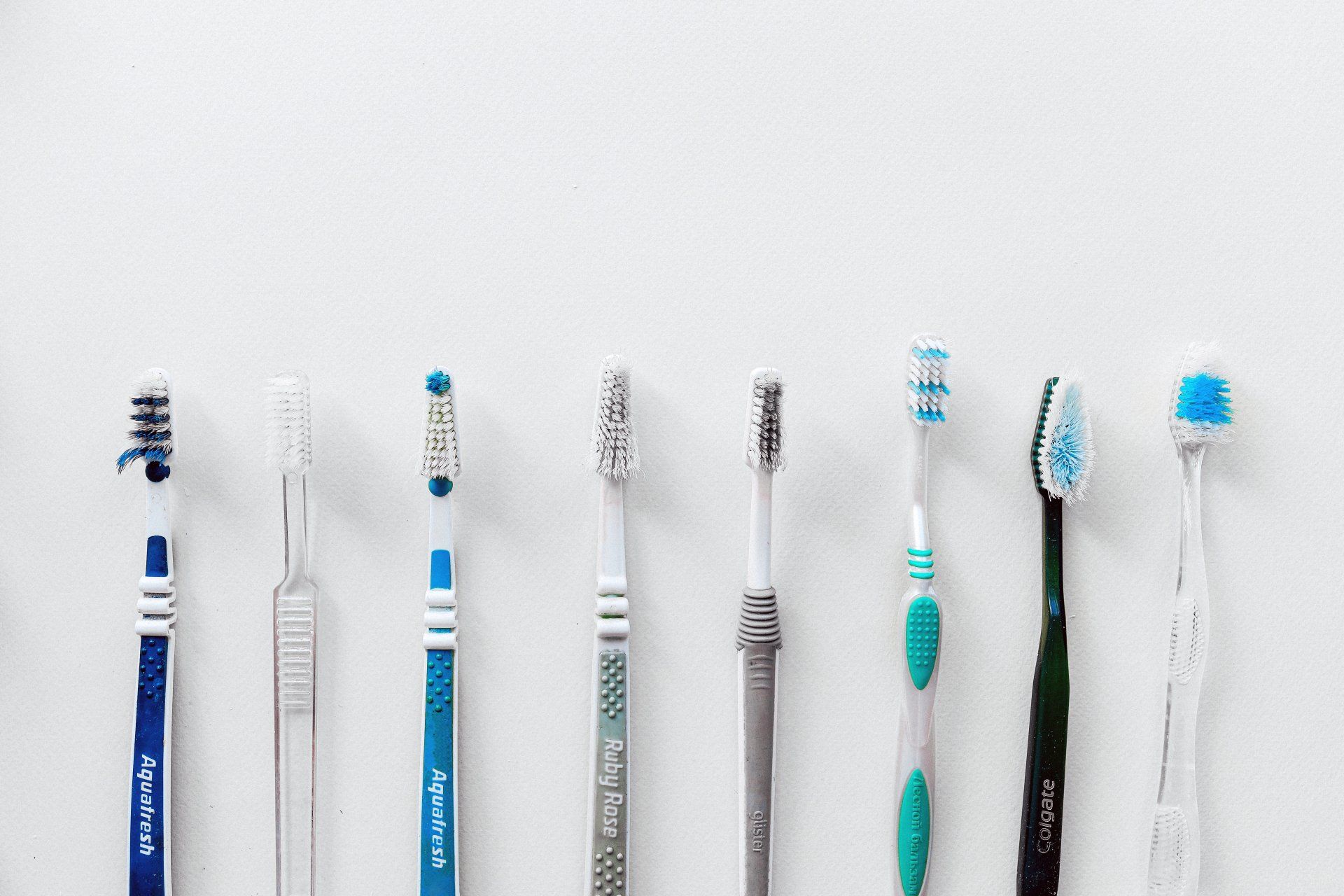HUSZTI dental care
Follow Us
Get in Touch

On Thursday, December 4, 2008 Dr.'s Huszti & Chong attended a lecture sponsored by their study club at the Rattlesnake restaurant in Detroit entitled: “DENTISTRY IN A DIGITAL WORLD”
Featured speaker Dr. Dennis J. Fasbinder a leading expert, widely published author and lecturer. He is currently Director of the Advanced Education in General Dentistry Program, and a Clinical Professor in the Department of Cariology, Restorative Sciences and Endodontics, at the University of Michigan, School of Dentistry. He is a founding member of 21st Century Practice Solutions comprised of some of the top experts in CAD/CAM and technological applications for dentistry. Dr. Fasbinder has been investigating clinical applications of CAD/CAM dental technology since 1993. The presentation will challenge current concepts of restorative dental treatment by providing an update on alternative digital techniques for ceramic restorations. Digital technology is available to provide ceramic restorations in a single appointment with CAD/CAM systems. Innovative digital systems are also available, instead of traditional impression materials, to communicate electronic information directly to the laboratory for the fabrication of high strength ceramic crowns and fixed partial dentures. Ongoing research with these systems at the University of Michigan will be reviewed to help make informed decisions on their implementation in a clinical practice.
Dr. Fasbinder has been involved with research using CAD/CAM technology since 1993.Initial research efforts utilized the CEREC 1 system in evaluating precementation marginal fit and cavity preparation design improvements to maximize marginal fit of CEREC restorations.The CEREC 2 unit and software improvements introduced in 1995 provided an opportunity for comparative research between the units resulting in predictable, esthetic restorations.Most recently, Dr. Fasbinder's research has focused on clinical applications of the CEREC 3 systems.









